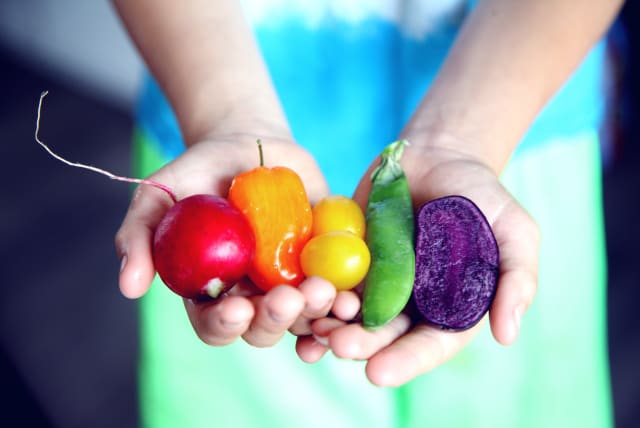Artificial intelligence points to need for healthier food for the elderly - study

The "healthfulness" of the long-term elder care diet could be improved by reducing inflammatory potential.
Artificial intelligence (AI) determined that Canada's long-term elder care homes are in need of a nutritional upgrade, according to a recent study.
The study, which was conducted by researchers at Ontario's University of Waterloo and published in the peer-reviewed journal BioMed Central Public Health, used data from 32 long-term care homes across four Canadian provinces. Researchers used an original algorithm to categorize food items into 68 categories.
Nutritional value, dubbed "healthfulness" in the study, was determined based on information from Canada's 2019 Food Guide, as well as anti-inflammatory properties. This data was cross-referenced with the sex, diet texture, and nutritional status of the senior citizens in question.
No specific food stood out as a particularly good or bad influence on the overall health of senior citizens. However, researchers were able to determine that animal-based protein sources represented the largest proportion of daily caloric intake (33.4%) and that all foods consumed tended toward a pro-inflammatory effect overall.
What is the most "healthful"?
They concluded that the "healthfulness" of the long-term elder care diet could be improved by reducing inflammatory potential. This would aid in managing chronic disease and general physical discomforts that come with advanced age. Researchers recommended adding more plant-based proteins as well as plain vegetables and fruits to accomplish these goals.
Scientists also emphasized that nutrition is a complex issue, and maintaining a balanced diet with adequate overall food and fluid intake is critically important.
What else can elderly people do to maintain a nutritious diet?
The United States National Institute on Aging (NIA) has similar recommendations to the ones put forward by the study authors. It recommends getting protein via seafood, dairy or plant products like lentils and soy. The NIA also recommends that senior citizens reach for foods with little to no added sugar, saturated fats and sodium. Sodium intake can be easily reduced by using herbs and citrus juices to season food rather than salt.
MyPlate, an online resource created by the US Department of Agriculture, points out that the ability to absorb vitamin B12 can decrease with age, so it is important to monitor B12 levels and take dietary supplements if needed.
Furthermore, age can also dampen one's thirst cues, so staying hydrated is a top priority for those over 60. Low-fat or fat-free milk (including lactose-free or soy alternatives) and juice can be excellent sources of hydration besides water.
Jerusalem Post Store
`; document.getElementById("linkPremium").innerHTML = cont; var divWithLink = document.getElementById("premium-link"); if (divWithLink !== null && divWithLink !== 'undefined') { divWithLink.style.border = "solid 1px #cb0f3e"; divWithLink.style.textAlign = "center"; divWithLink.style.marginBottom = "15px"; divWithLink.style.marginTop = "15px"; divWithLink.style.width = "100%"; divWithLink.style.backgroundColor = "#122952"; divWithLink.style.color = "#ffffff"; divWithLink.style.lineHeight = "1.5"; } } (function (v, i) { });

